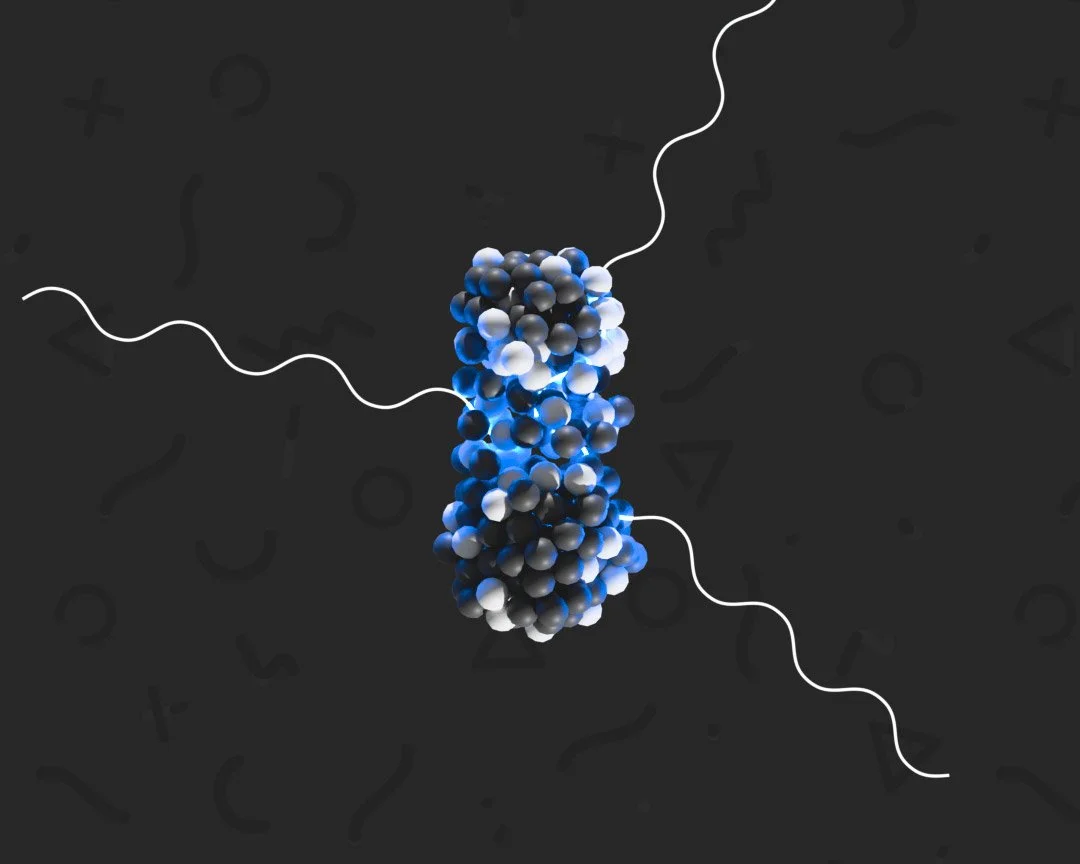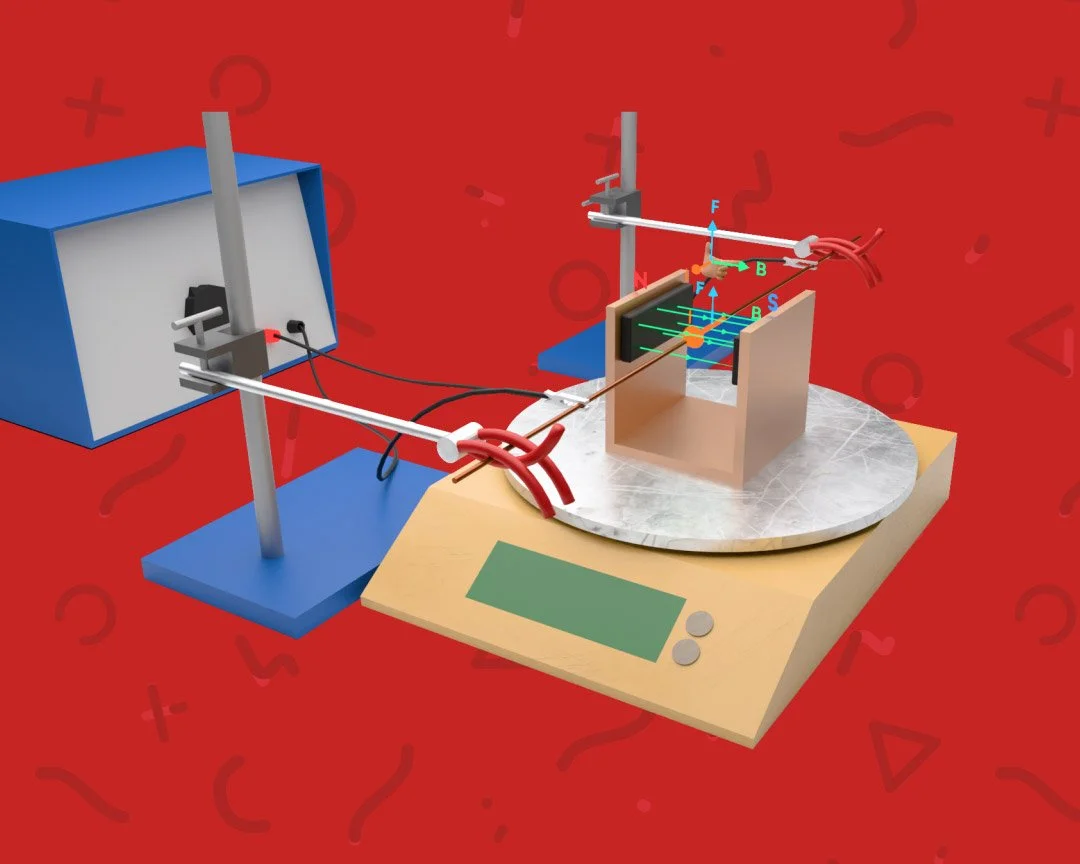Encouraging Critical Thinking in Physics
Activities and exercises to promote analytical skills
In the realm of GCSE physics, cultivating critical thinking is a fundamental skill that goes beyond rote memorisation. It enables students to engage deeply with concepts, analyse problems, and arrive at thoughtful solutions. As a parent or educator, you play a crucial role in fostering these skills. Here, we'll explore engaging activities and exercises designed to stimulate analytical thinking in your child's physics education, complemented by resources from GoPhysics.co.uk.
1. Socratic Questioning:
Engage your child in Socratic discussions. Ask open-ended questions to encourage them to think critically about physics concepts.
2. Problem-Solving Challenges:
Provide complex physics problems and encourage your child to break them down step by step. Emphasise the importance of logical reasoning.
3. Thought Experiments:
Pose hypothetical scenarios that challenge your child's understanding of physics principles. Encourage them to reason through these imaginative situations.
4. Debates and Discussions:
Organise debates on controversial physics topics. This encourages research, critical analysis, and articulation of viewpoints.
5. Examine Real-World Applications:
Explore how physics concepts are applied in everyday life. This helps your child see the practical relevance and encourages critical thinking.
6. Construct Concept Maps:
Have your child create visual concept maps to connect different physics ideas and demonstrate their understanding of relationships between concepts.
7. Perform Thoughtful Experiments:
Encourage your child to design and conduct experiments, emphasising the need for careful planning, data collection, and analysis.
8. Explore Contradictory Scenarios:
Present situations where conventional physics principles might not apply. Encourage your child to analyse why this is the case.
9. Utilise GoPhysics Resources:
Leverage the resources available on GoPhysics.co.uk. The platform offers video lessons, animations, and flashcards tailored for GCSE physics, providing valuable context and reinforcement for critical thinking exercises.
10. Encourage Reflection:
Prompt your child to reflect on their thought processes during problem-solving. This helps them become more aware of their analytical approach.
11. Emphasise Precision and Accuracy:
Stress the importance of precise measurements and accurate data in experiments. This instils a mindset of careful analysis and attention to detail.
12. Provide Open-Ended Questions:
Instead of straightforward questions with one correct answer, offer questions that require deeper thought and multiple possible solutions.
13. Promote Independent Research:
Encourage your child to explore physics topics beyond the curriculum. Independent research fosters curiosity and hones critical thinking skills.
By incorporating these activities and exercises into your child's learning routine, along with the resources available on GoPhysics.co.uk, you're nurturing a strong foundation in critical thinking that will serve them well in their GCSE physics studies and beyond.
For access to a comprehensive range of GCSE physics resources, including video lessons, animations, and flashcards, visit GoPhysics.co.uk. Your child's journey towards analytical mastery in physics is just a click away!
We hope this guide helps you encourage critical thinking in your child's physics education using resources from GoPhysics.co.uk!
-





